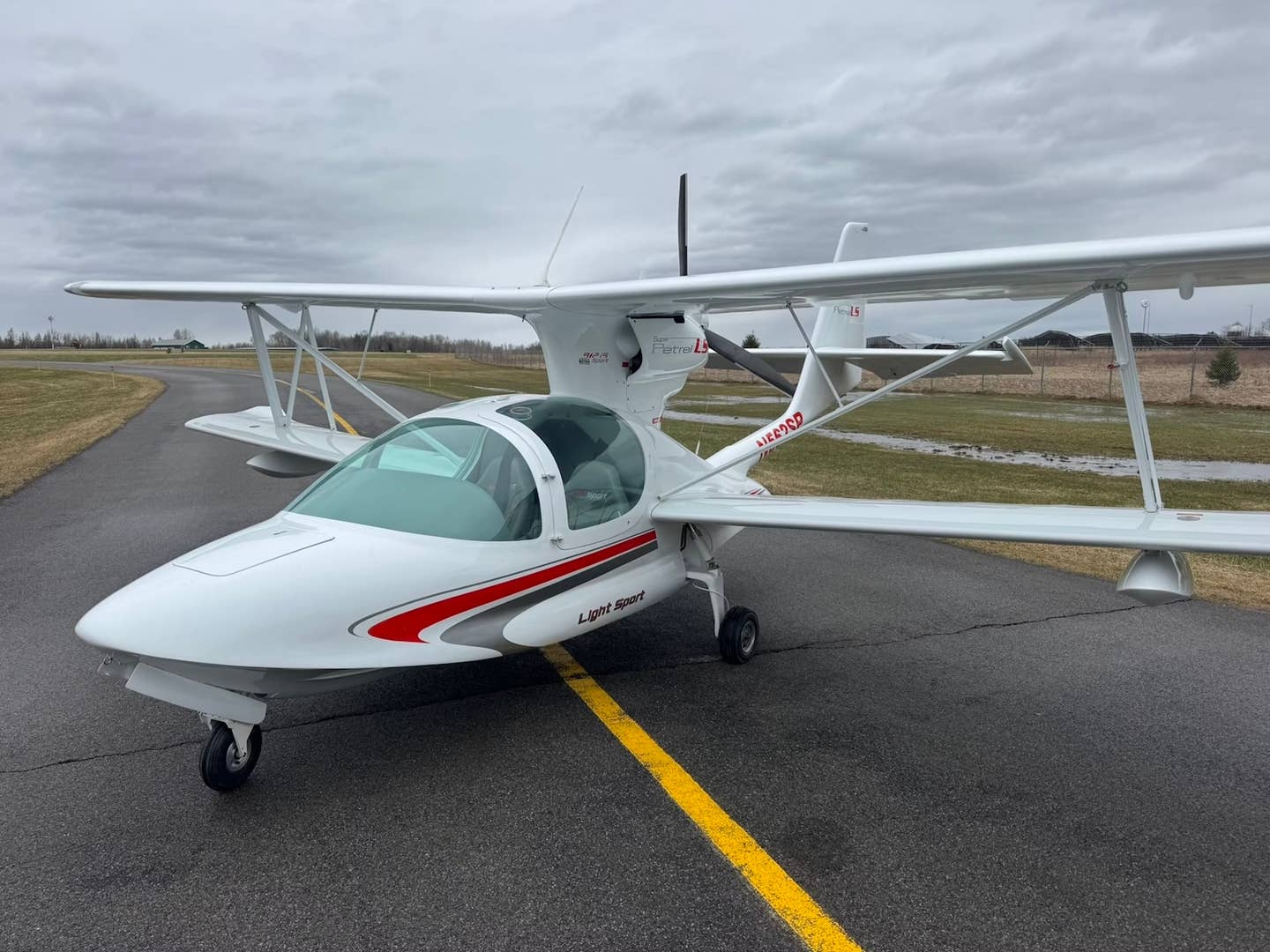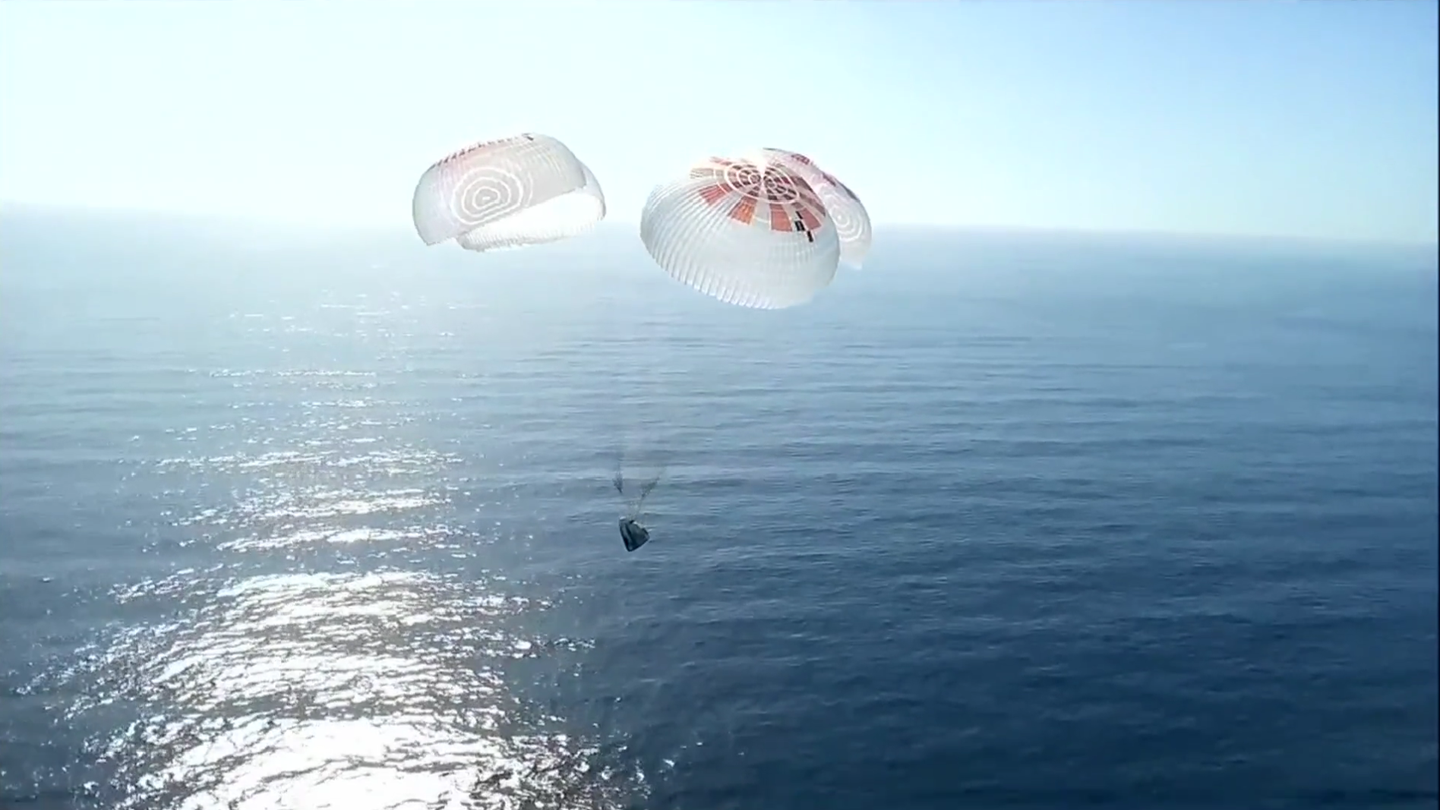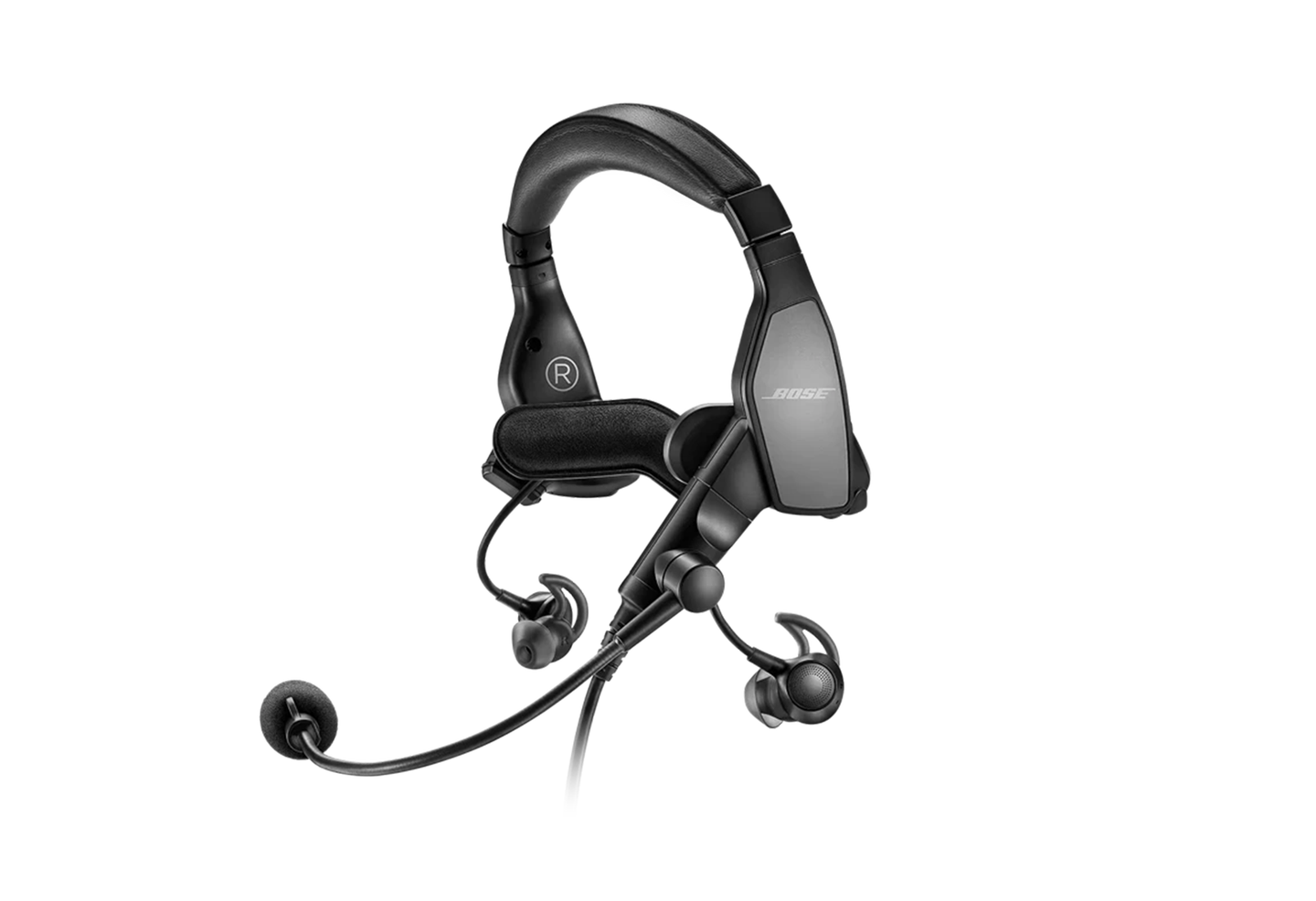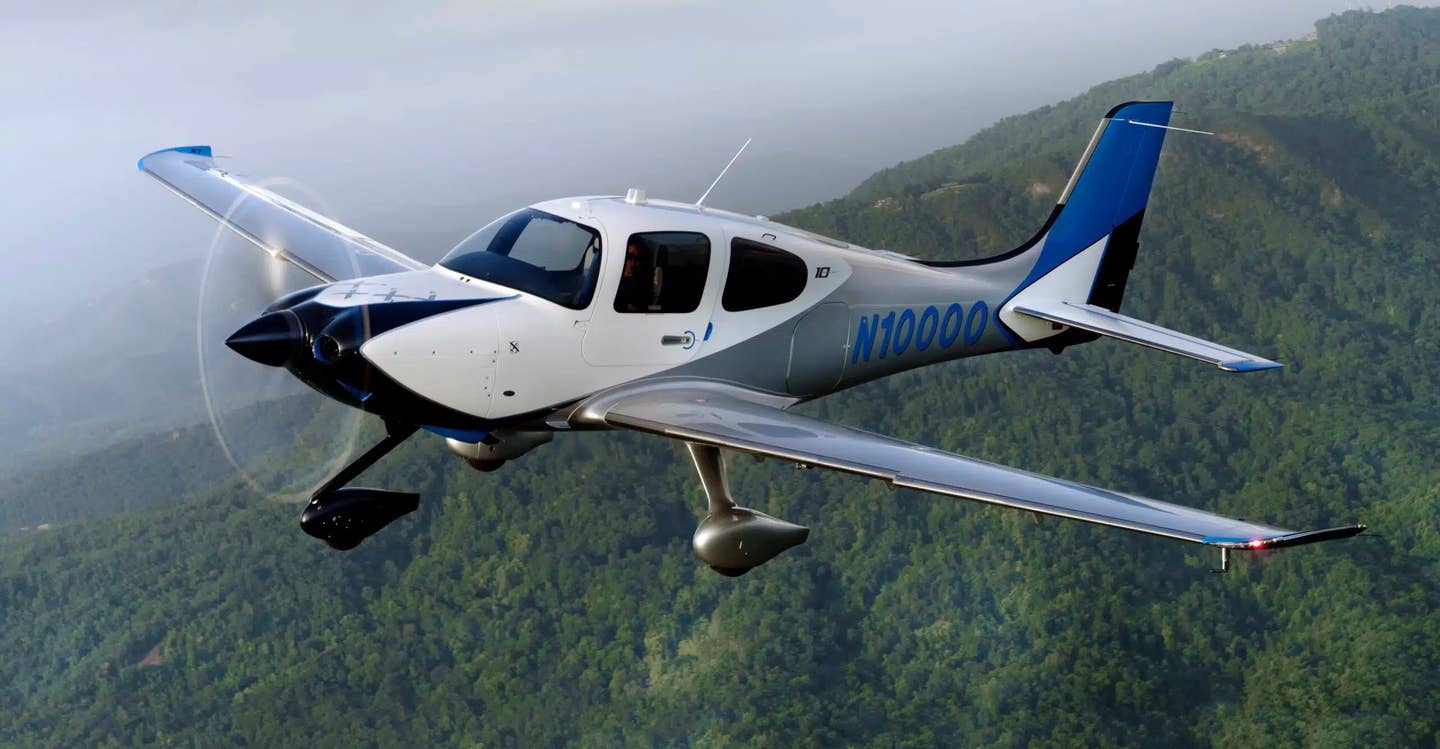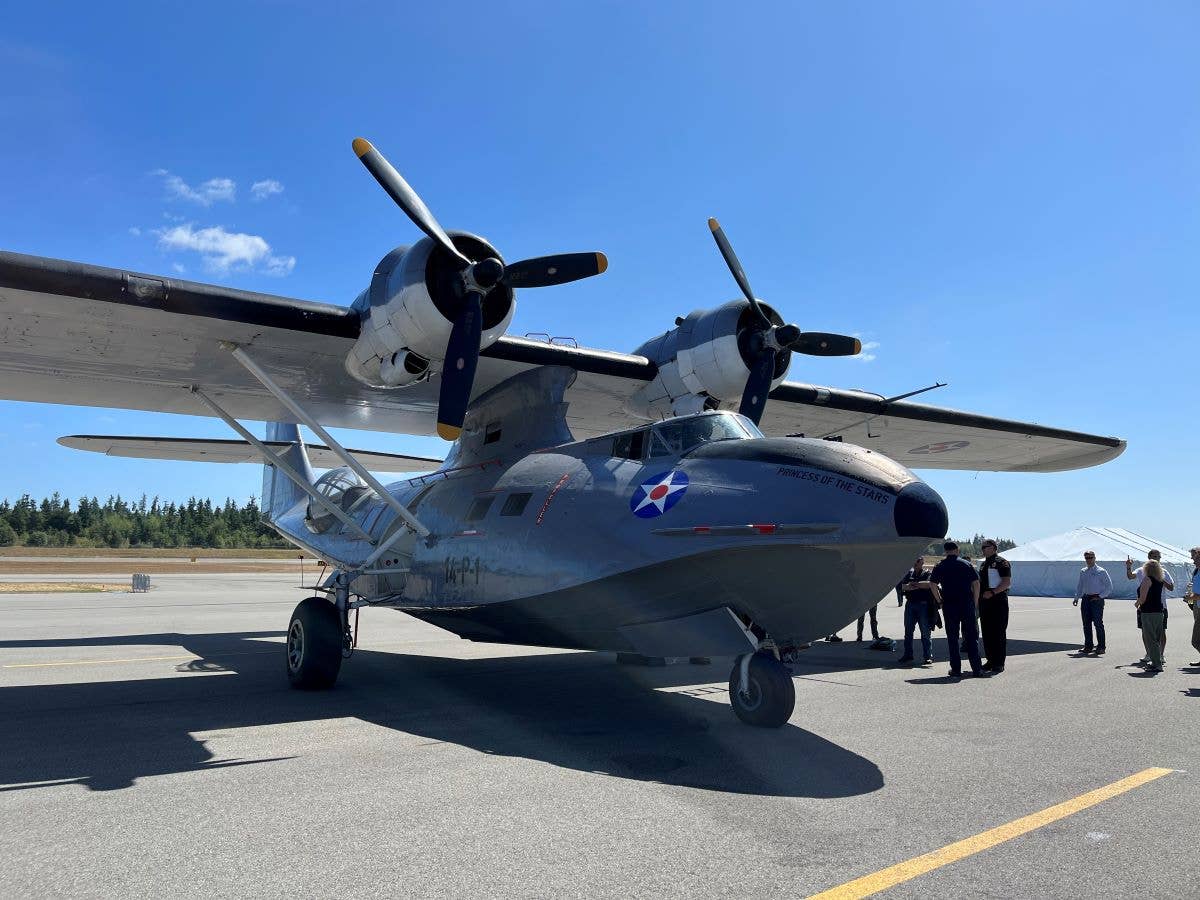Boeing, Blue Origin Unveil Plans for Private Space Station
Boeing and Blue Origin announced plans Monday to develop a private space station that would operate as a private “mixed-use business park.
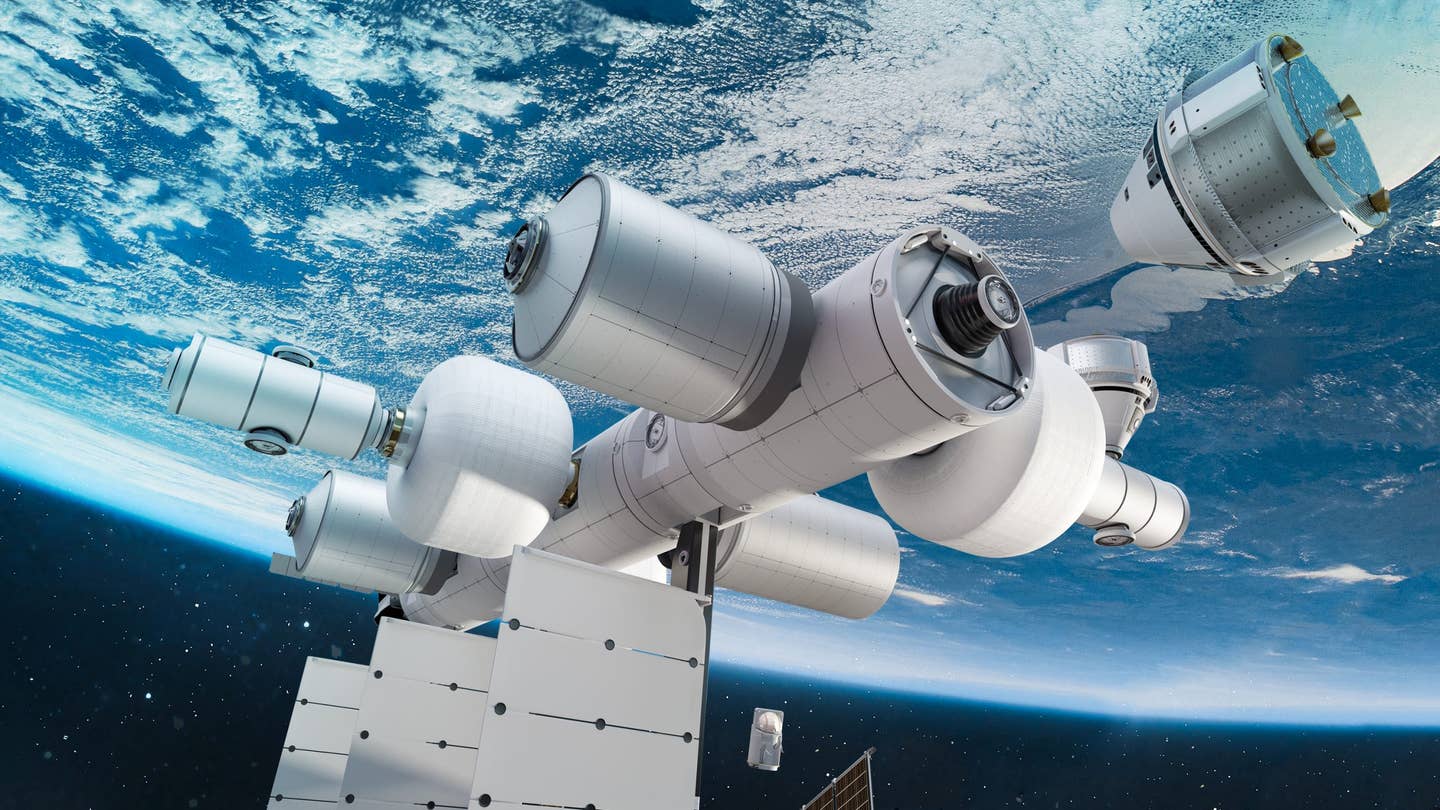
Blue Origin has announced efforts to launch a private, commercial space station in partnership with Boeing and other companies.Credit: Blue Origin
Boeing and Blue Origin announced plans Monday to develop a private space station that would operate as a private “mixed-use business park.” If completed, the installation would be the first collaboration of its kind to orbit the planet.
Multi-billionaire Jeff Bezos, who founded Blue Origin, said the outpost—called Orbital Reef—will be a commercially developed, owned, and operated space station floating in low Earth orbit. As a mixed-use business park, the company said it could be used for commercial research, manufacturing, and tourism.
Plans call for it to accommodate up to 10 people with a volume nearly the same size as the International Space Station, Blue Origin said.
“This unique destination will offer research, industrial, international, and commercial customers the cost competitive end-to-end services they need including space transportation and logistics, space habitation, equipment accommodation, and operations including onboard crew,” according to a statement from Blue Origin. “The station will start operating in the second half of this decade.”
‘A Step Further’
John Mulholland, Boeing vice president and program manager for the International Space Station, celebrated the news Monday, saying, “This is exciting for us because this project does not duplicate the immensely successful and enduring ISS, but rather goes a step further to fulfill a unique position in low Earth orbit where it can serve a diverse array of companies and host non-specialist crews.”
The effort is led by Colorado-based Sierra Space, a subsidiary of Sierra Nevada Corporation, which first announced its plans earlier this year. The project is supported by other organizations, including:
- Redwire Space
- Genesis Engineering Solutions
- Arizona State University
As part of the project, Blue Origin will provide utility systems, large-diameter core modules, and its reusable heavy-lift New Glenn launch system. Sierra Space will provide its Large Integrated Flexible Environment (LIFE) module, node module, and runway-landing Dream Chaser spaceplane for crew and cargo transportation. And Boeing will provide the science module, station operations, maintenance engineering, and Starliner crew spacecraft.
‘Accessible to More People’
Additionally, Redwire Space will be conducting microgravity research, development, and manufacturing; payload operations; and deployable structures. Genesis Engineering Solutions will provide a single-person spacecraft for routine operations and tourist excursions, and Arizona State University will lead a consortium of universities providing research advisory services and public outreach.
“As a former NASA astronaut, I’ve been waiting for the moment where working and living in space is accessible to more people worldwide, and that moment has arrived,” said Sierra Space president Janet Kavandi.
Orbital Reef is one of several companies seeking to establish space station operations. In February, Axiom Space Inc. announced it had raised $130 million in Series B funding toward the development of its space module, and most recently, Nanoracks—in conjunction with Voyager Space Holdings and Lockheed Martin—said it was also launching a space station program.
It comes at a time when NASA is looking to spur private industry development of space stations as the ISS nears retirement.
In March, NASA announced a new program aimed at seeking partners that could provide space station operations for commercial purposes, but also for government uses, like its own.
Blue Origin is coming off a string of successful launches of its New Shepard suborbital spacecraft from the company’s facility in West Texas. Most recently, actor William Shatner rocketed to the edge of space in a New Shepard at age 90, breaking the record for the oldest space traveler.

Sign-up for newsletters & special offers!
Get the latest FLYING stories & special offers delivered directly to your inbox

